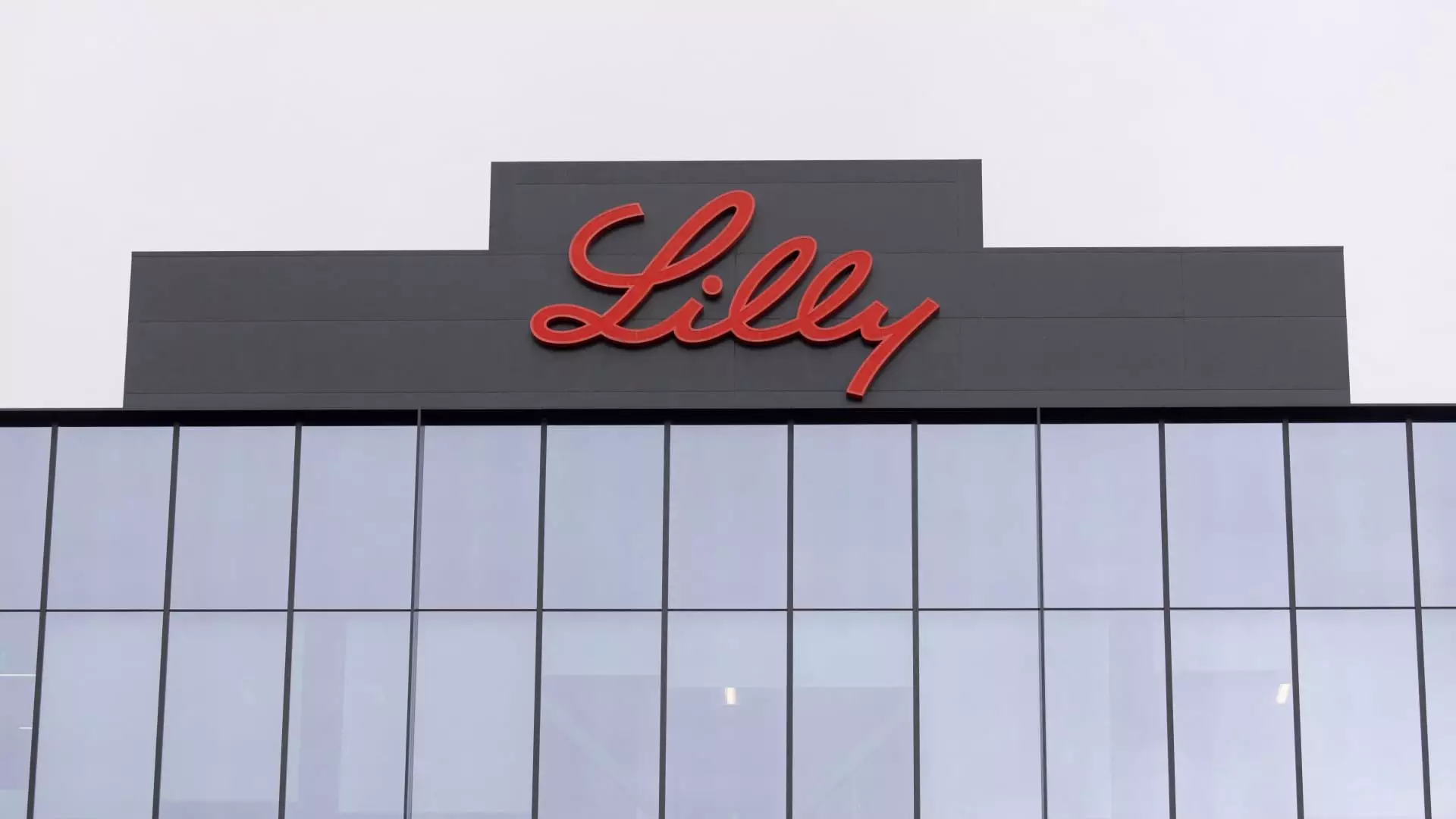Eli Lilly’s stock soared by 8% after surpassing second-quarter earnings and revenue expectations. The firm raised its full-year revenue outlook by $3 billion, driven by strong sales of key products such as Mounjaro and Zepbound. This indicates a positive trend for the company and reflects investor confidence in its performance.
Under Armour witnessed a 19% rise in its shares due to exceeding quarterly estimates and adjusting its full-year profit guidance. This growth showcases resilience and adaptability within the athletic apparel industry, which is commendable given the competitive landscape.
On the other hand, Warner Bros. Discovery experienced a 12% decline in its shares following a non-cash impairment charge and disappointing financial results. This setback highlights the challenges faced by traditional media companies in adapting to changing consumer preferences and technological disruptions.
Occidental Petroleum’s stock increased by 4% after reporting strong quarterly results, driven by higher oil production and price increases. This demonstrates the importance of operational efficiency and market conditions in driving stock performance for energy companies.
Klaviyo saw a substantial 26% surge in its shares after exceeding Wall Street’s expectations. This indicates strong demand for marketing platform solutions and the company’s ability to deliver value to its customers.
Conversely, Dutch Bros experienced a more than 23% drop in its shares due to lower-than-expected store openings projection. This illustrates the impact of growth projections on investor sentiment and the importance of aligning corporate strategy with market expectations.
Parker-Hannifin witnessed an 11% increase in its shares following robust fiscal fourth-quarter results and positive earnings guidance. This suggests a strong financial performance and effective strategic planning by the company’s management.
Penn Entertainment’s stock rose by 5% after beating revenue expectations for the second quarter. This success highlights the resilience of the gaming industry and the company’s ability to capitalize on market opportunities.
Robinhood experienced a modest 2% increase in its shares following a better-than-expected second-quarter report. This indicates steady growth and market acceptance of the retail brokerage platform.
Zillow’s shares rallied more than 18% after reporting strong second-quarter earnings, exceeding analyst estimates. This performance reflects the company’s ability to innovate and adapt to changing market dynamics within the real estate sector.
Duolingo’s stock surged by 7% on better-than-expected quarterly figures, showcasing the growing demand for online education platforms. This highlights the company’s ability to attract and retain users through effective language learning solutions.
Bumble’s shares plummeted by 33% due to disappointing revenue guidance for the third quarter, signaling challenges in sustaining growth and profitability within the competitive dating app market.
SolarEdge Technologies saw a 7.2% decline in its shares after posting an adjusted loss for the second quarter, despite slightly exceeding revenue expectations. This highlights the importance of profitability and cost management in driving investor confidence.
Celsius Holdings’ stock retreated by 1.3% following a downgrade by Bank of America, citing concerns about the energy drink category’s slowdown. This indicates the impact of external factors and market dynamics on stock performance.
JFrog’s stock plummeted by 30% on light third-quarter guidance, indicating challenges in meeting investor expectations and sustaining growth momentum in the competitive software supply chain market.
Sonos witnessed a more than 6% decline in its shares due to issues with its new app rollout, leading to a downward revision in its fiscal 2024 outlook. This highlights the importance of effective technology implementation and customer experience in driving stock performance.
Monster Beverage’s shares sank by 11% after posting disappointing second-quarter results, falling short of analyst expectations. This underscores the impact of financial performance on investor sentiment and stock valuation.
Hanesbrands’ stock jumped by 15% following strong second-quarter earnings that exceeded consensus estimates. This success reflects the company’s ability to deliver positive financial results and operational efficiencies.
The recent stock surges and plummets across various industries highlight the importance of financial performance, market dynamics, and strategic planning in driving investor confidence and stock valuation. Companies that effectively navigate challenges and capitalize on growth opportunities are likely to sustain long-term success and generate value for shareholders.

